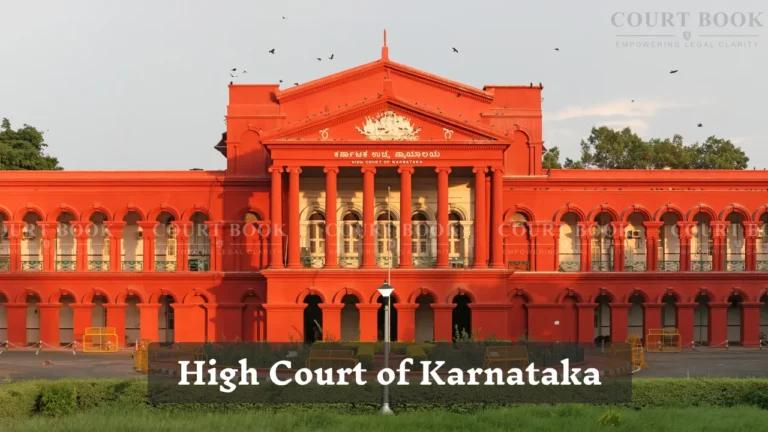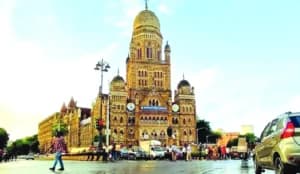The Karnataka High Court on Friday dismissed a writ petition filed by U. Mamatha from Chitradurga, who had sought directions to the Holalkere Town Municipality to issue her an e-Khata for her residential site. The Court made it clear that buyers of plots formed without approval from the competent planning authority cannot demand electronic khata certificates, even if the land is converted and taxes are paid.
Background
Mamatha purchased a site in Holalkere Town back in 2010 through a registered sale deed and claimed to have been issued a manual khata by the municipality in 2015. She also produced tax payment receipts and sought conversion to an e-Khata - the digital form of property registration widely used across Karnataka.
However, the local body rejected her request in June 2024, citing two government circulars from 2017 and 2018. These circulars prohibit municipalities from issuing e-Khata for sites not part of layouts approved under the Karnataka Town and Country Planning Act, 1961. Aggrieved, Mamatha approached the High Court, alleging unfair denial and seeking both quashing of the endorsement and a direction to issue the e-Khata.
Read also:- Jammu & Kashmir High Court Quashes Preventive Detention of Jaffer Hussain Butt Under Public Safety Act
Court’s Observations
Justice Sachin Shankar Magadum, who heard the matter, noted that the petitioner’s site did not fall under any approved layout, despite being on converted land. The Court observed that Section 17(2B) of the Karnataka Town and Country Planning Act was specifically inserted to prevent “haphazard and unregulated formation of sites in revenue and converted lands.”
The bench remarked, “The provision imposes a mandatory duty on landowners and developers to obtain layout plan approval. Only after the development of the layout, and after handing over civic amenities to the local body, can individual site owners acquire enforceable rights.”
The judge emphasized that the petitioner could not rely on earlier decisions where local authorities had collected “betterment charges” from site owners and were thus estopped from refusing khata issuance. In Mamatha’s case, however, no such charges had been paid, and the municipality had, in fact, sought government permission to regularise such sites, which was denied.
Read also:- Karnataka High Court Dismisses 82-Year-Old’s Plea Over Disputed SC/ST Land Transfer Under PTCL Act
Decision
Holding that no legal right exists for buyers of unapproved plots to demand e-Khata, the Court ruled that Holalkere Municipality was right in rejecting the application. “A writ of mandamus can be issued only where there exists a corresponding legal right and duty. Here, both are absent,” Justice Magadum clarified.
Before parting, the judge made a broader observation - that the government must address the growing number of such cases at the policy level. He urged the State to “devise a comprehensive scheme” to deal with purchasers of sites carved from converted but unapproved lands.
Read also:- Allahabad High Court Dismisses Assault Complaint, Warns Judges Against Using Abusive Language in Judicial Records
In conclusion, the Court dismissed the writ petition, reiterating that “issuance of khata contrary to the statutory mandate is impermissible.”
Case: U. Mamatha vs State of Karnataka & Others
Case No.: Writ Petition No. 21648 of 2024 (LB-RES)
Petitioner: U. Mamatha, resident of Nandihalli Village, Chitradurga District
Respondents:
- State of Karnataka (Urban Development Department)
- Director, Department of Municipal Administration
- Holalkere Town Municipality
Date of Judgment: September 19, 2025















